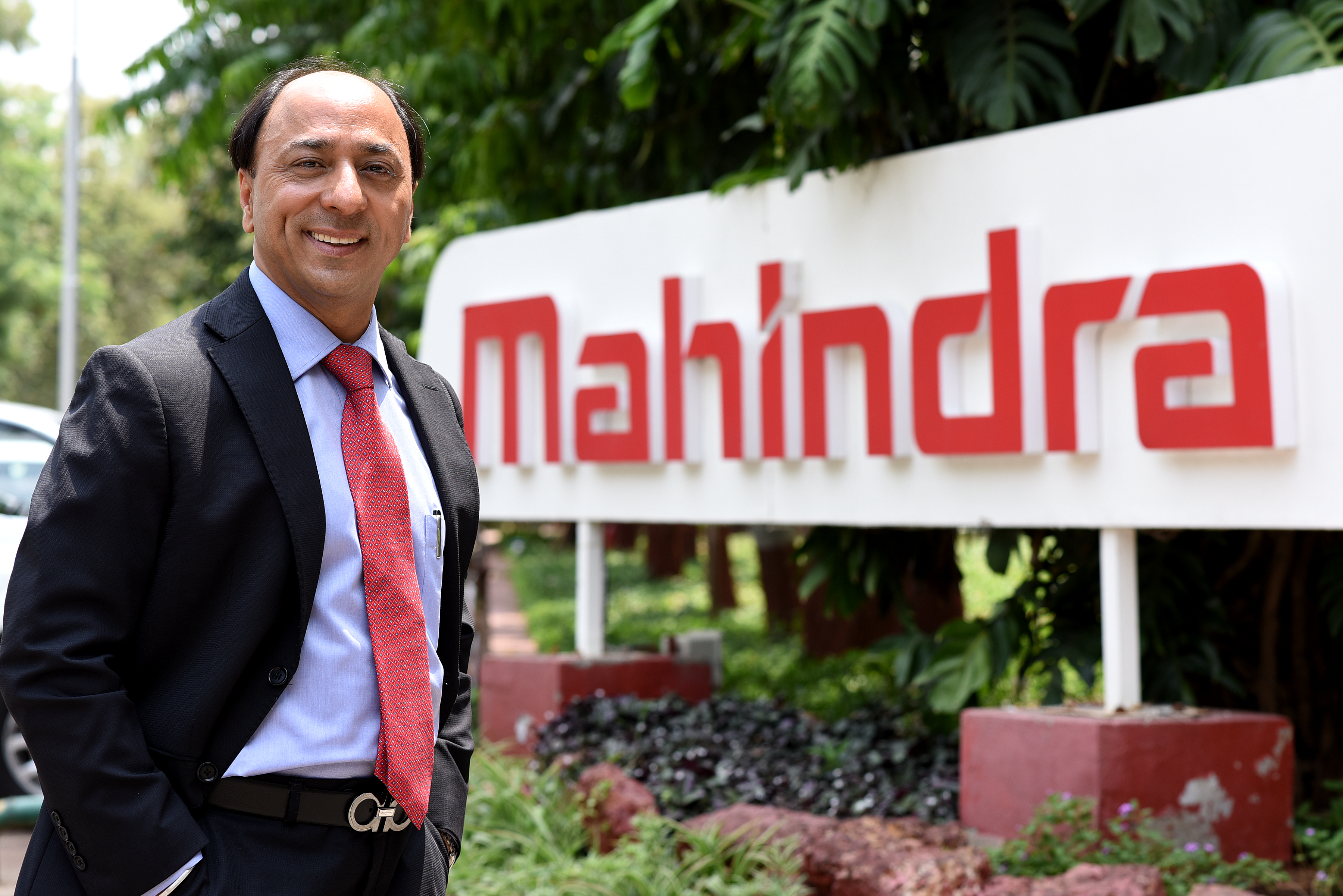
Mumbai, 21st October, 2021: Farm Mechanisation has been identified as a key tool to increase agri production globally. Several studies suggest a direct correlation between increased yield and farm mechanisation, which also leads to numerous other economic and social benefits for farmers. While farm mechanisation in India has made strong strides in recent years, there is still a long way to go. India is amongst the largest tractor markets in the world, and is also highly organized. However, India has a low level of mechanisation compared to developed countries.
From a global perspective the tractor industry is worth around USD 60 billion, and the farm machinery industry is worth an additional USD 100 billion. In contrast, the Indian tractor industry is at around USD 6 billion and the farm machinery industry is at just USD 1 billion. Looking at these numbers it is clear that India is Tractorised, but yet to be Mechanised.
While a tractor is a prime mover, the agri machinery value chain involves mechanisation right from land preparation to sowing to harvesting and post-harvest. At every step in the production lifecycle, the use of farm equipment enhances farming efficiencies; not only in reducing labour time and post-harvest losses, but also towards cutting down of production costs over a long term.
Countries like the United States and European nations are completely mechanized, while places like China and Japan have also seen higher penetration of farm machinery. In comparison, the Indian agricultural sector still lags behind and requires an increase in farm equipment.
Looking at India from a broader lens, over 85% of Indian farmers are small and marginal ones, having less than two hectares of land, but they own just 47.3% of the total crop area. These small farmers are simply unable to afford these mechanization technologies due to cost, low yield and income issues. As a result, there is a low overall rate of mechanisation on Indian farms.
While there is some level of mechanisation (beyond tractors), it is skewed toward land preparation. For many other operations, simple implements are used, or the work is done by manual labour. Also this level of mechanisation varies greatly by region. States in the north of India such as Punjab, Haryana and Uttar Pradesh have high levels of mechanisation due to the highly productive land in the region, as well as declining availability of labour force.
The pandemic has triggered increased adoption of mechanisation on farms due to factors like labour migration, which has resulted in very good growth in farm machinery sales in F’21. In terms of tractors, for the first time ever, in F’21 the tractor industry has touched the highest-ever volume of 9-lakhs. This is in spite of industry having lost April and May last year in terms of production due to lockdowns. So, in spite of working only for 10 months the industry has grown by 27%.
The farm machinery industry in India is largely focused on low technology implements mainly manufactured by unorganised workshops in rural areas. Hence, the manufacturing industry for these products needs to grow rapidly like that of the tractor industry driving manufacturing growth, technology development, exports, finance and employment, while enhancing rural incomes.
With growing realization that farm mechanization is imperative for increasing yield and quality, manufactures are working on technologies that are customized, with affordability and accessibility as key drivers, especially for small farmers. Also, central and state governments, along with several private companies, including start-ups are working towards the development of need-based, regionally differentiated farm machinery and mechanization solutions for the country. Because of this mechanization is expected to pick-up substantially in the years to come.
Specialized farm machinery can also be popularized through CHC’s (Custom Hiring Centers), ensuring affordability and accessibility, driving the penetration of farm equipment among small & marginal farmers, thereby significantly contributing toward making the Indian agricultural sector and its farmers ‘Atmanirbhar’.
Hemant Sikka – President, Farm Equipment Sector, Mahindra & Mahindra Ltd.
";

.jpg)